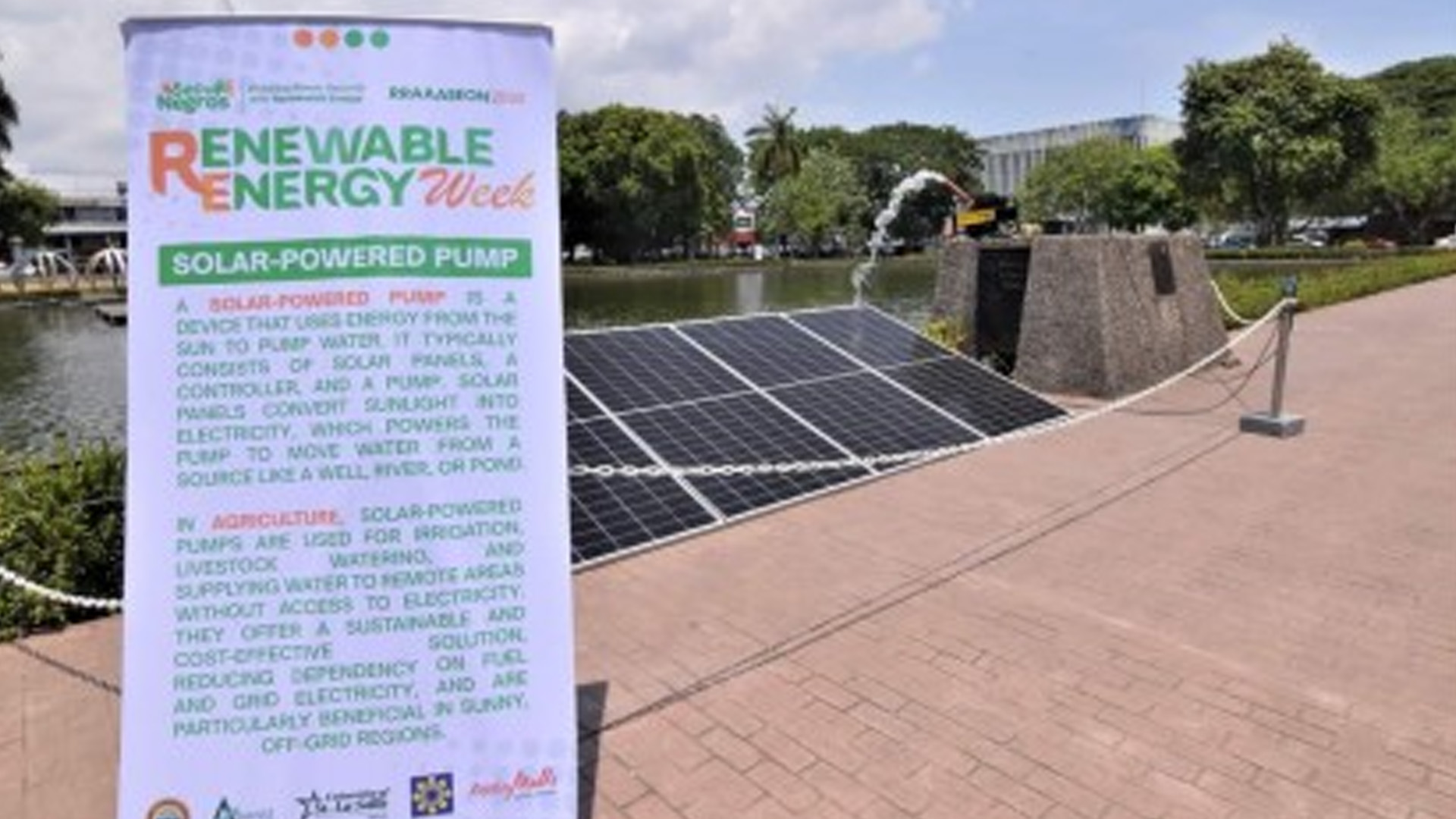The Negros Occidental provincial government will install 1,270 kilowatts (KW) total capacity of solar photovoltaic (PV) systems in the seven main facilities of the Capitol this year.
On Tuesday, data provided by Governor Eugenio Jose Lacson showed that going solar will enable the province to save between 132,080 and 158,000 kilowatt hours (kWh) per month.
“By the third quarter, we will be able to bid it out already,” he said in an interview in line with the Provincial Renewable Energy Week from May 20 to 24.
Lacson said that at an estimated rate of PHP12 per kWh, the province can save PHP1.5 million to PHP1.8 million every month.
Last year, the governor initiated an energy audit and its result prompted the province to start utilizing solar panels this year.
“I enjoin everyone, particularly our local government units, to do the same, starting with grid-tied rooftop solar systems,” he added.
Lacson said that with serious energy challenges facing Negros Occidental, including daily power intermittent outages and power rate increases, the Negrenses cannot be defeated by bad news.
“We have the choice to be more solutions-oriented instead of just being problem-oriented. We have the choice to be more proactive instead of just being reactive. May this Renewable Energy Week further activate in more of us the vision, the hope, and the wise strategies for energy security and a green energy future,” he added.
In Negros Occidental, La Carlota City Hall has been utilizing a 100-KW solar PV system since February this year.
Mayor Rex Jalando-on said they are gradually switching to renewable energy to promote energy conservation, monetary savings, and environmental protection.
Under the SecuRE Negros campaign, the provincial government commits to securing the energy future of Negros Occidental through the transformative power of renewable energy. (PNA)




